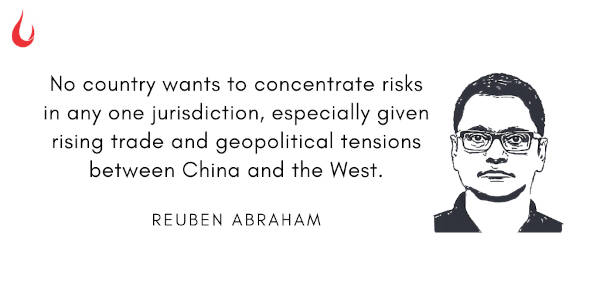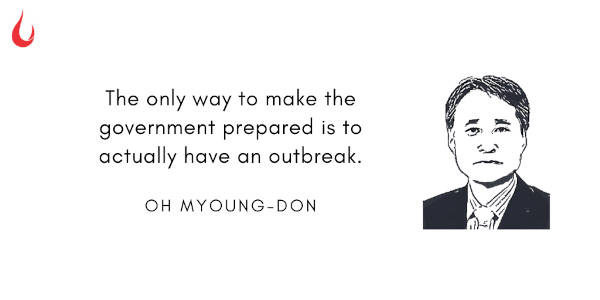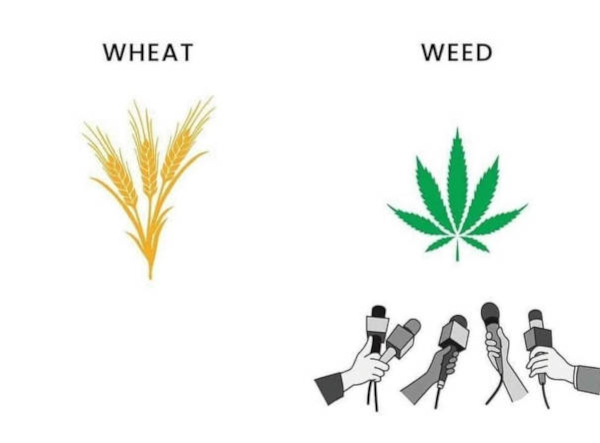[Image by Gerd Altmann from Pixabay]
Good morning,
These two stories are from Charlie Munger’s insightful 1995 Harvard speech on The Psychology of Human Misjudgement.
“One of my favourite cases about the power of incentives is the Federal Express case. The heart and soul of the integrity of the system is that all the packages have to be shifted rapidly in one central location each night. And the system has no integrity if the whole shift can’t be done fast. And Federal Express had one hell of a time getting the thing to work. And they tried moral suasion, they tried everything in the world, and finally somebody got the happy thought that they were paying the night shift by the hour, and that maybe if they paid them by the shift, the system would work better. And lo and behold, that solution worked.
“Early in the history of Xerox, Joe Wilson, who was then in the government, had to go back to Xerox because he couldn't understand how their better, new machine was selling so poorly in relation to their older and inferior machine. Of course when he got there he found out that the commission arrangement with the salesmen gave a tremendous incentive to the inferior machine.”
Both stories are about the power of incentives. If you are thinking, what’s the big deal, Munger actually prefaces these two stories with this important disclaimer: “I think I’ve been in the top 5% of my age cohort all my life in understanding the power of incentives, and all my life I've underestimated it.”
If you have been busy solving some organisational problem, how much time have you spent analysing if the right incentives are at place?
In this issue
- What India can learn from Shenzhen
- Why there’s no better teacher than experience
- A wheaty subject
Have a lovely day!
What India can learn from Shenzhen
In Bloomberg, Reuben Abraham, CEO of IDFC Institute, contrasts China’s special economic zones with India’s. India has 238 such zones. However, what matters is a different metric.

He writes, “the Shenzhen agglomeration alone sprawls across 2,000 square kilometers, all of India’s SEZs put together occupy less than 500 square kilometers. Larger zones benefit from several spillover effects: They attract clusters of businesses, encourage knowledge transfers from foreign to domestic companies, and spread employment, infrastructure and development to neighbouring regions. India’s zones are too small to do the same.”
Now, as businesses seek to diversify their supply chains, they are looking for new locations. India, which is readying a $23 billion package to attract investors, hopes to be one of the new key locations. Businesses, which have tasted what China had to offer, will expect some of it from others too.
Abraham writes: “To lure manufacturers away from the mainland, though, India is going to have to convince them that they’ll be able to operate just as easily and efficiently as they can in China.”
Dig Deeper
Why there’s no better teacher than experience
Given how coronavirus seems to be rearing its head again and again, it’s not wise to discuss how a specific country, state or city defeated the infection. It’s not over till it’s over. Yet, if the world is seeing some progress in its fight against the virus, it’s because useful information spreads fast too. The Wall Street Journal explains how South Korea is handling coronavirus using a blend of technology and testing. Here’s a key extract from the story.

“One reason South Korea was prepared: It learned painful lessons in 2015 from an outbreak of Middle East respiratory syndrome. Its missteps with that coronavirus strain resemble struggles seen elsewhere today, with poor communication, an unclear and shifting national strategy and testing backlogs. The outbreak resulted in 186 infections, including 38 deaths.
“‘The only way to make the government prepared is to actually have an outbreak,’ said Oh Myoung-don, head of South Korea’s central clinical committee for emerging disease control.
“After MERS, the government started twice-a-year training sessions simulating a rapid spread of viral diseases like Ebola or influenza. On December 17, 2019, inside a glistening new facility resembling a Nasa space-launch command centre, dozens of government officials and outside medical experts gathered together.
“‘Oddly enough, last December’s ‘war game’ was a novel coronavirus,’ said Kwon of the KDCA. The simulation featured a South Korean family, traveling back from China, suffering from an unknown pneumonia.”
Dig Deeper
A wheaty subject

How worried are you about Indian media? Share your thoughts with us. Head to our Slack channel.
And if you missed previous editions of this newsletter, they’re all archived here.
Bookmark Founding Fuel’s special section on Thriving in Volatile Times. All our stories on how individuals and businesses are responding to the pandemic until now are posted there.
Warm regards,
Team Founding Fuel


